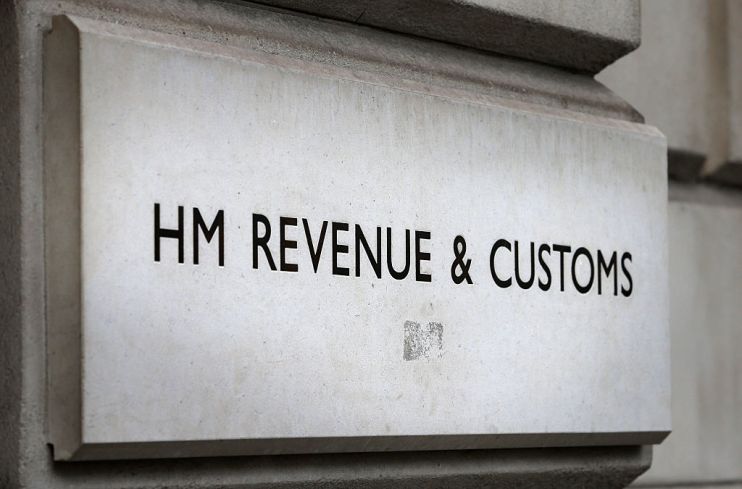800,000 home workers have claimed up to £125 in tax relief since April

Nearly 800,000 people who worked from home during the coronavirus pandemic have claimed tax relief on their household-related costs so far this tax year.
HM Revenue and Customs (HMRC), which released the figures from its online claims portal, said the saving is worth up to £125 per year per employee.
Eligible workers can claim the full year’s entitlement if they have been told to work from home by their employer, even if it has only been for one day during the tax year.
Employees preparing to return to the office are being reminded that it is not too late to claim tax relief if they have been working from home.
New tax year
The new tax year started on 6 April, with more than three million claims for the tax relief having previously been received for the 2020/21 tax year.
“More people are getting back to office working now, but it’s not too late to apply for tax relief on household expenses if they’ve been working from home during the pandemic,” said Myrtle Lloyd, HMRC’s director-general for customer services.
Since April of last year, the maximum amount employers have been able to pay tax-free without employees having to provide evidence of an increased bill was set at £6 a week.
Employees who have not received the working from home expenses payment direct from their employer can apply to receive the tax relief from HMRC. Eligible customers can claim tax relief based on the rate at which they pay tax.
For example, if an employed worker pays the 20 per cent basic rate of tax and claims tax relief on £6 a week, they would receive £1.20 a week in tax relief (20 per cent of £6 a week) towards the cost of their household bills. Higher-rate taxpayers would receive £2.40 a week (40 per cent of £6 a week).
Over the course of the year, this means people can reduce the tax they pay by £62.40 or £124.80 respectively.
HMRC said it will accept backdated claims for up to four years and people can receive a lump sum payment for any successful backdated claims.